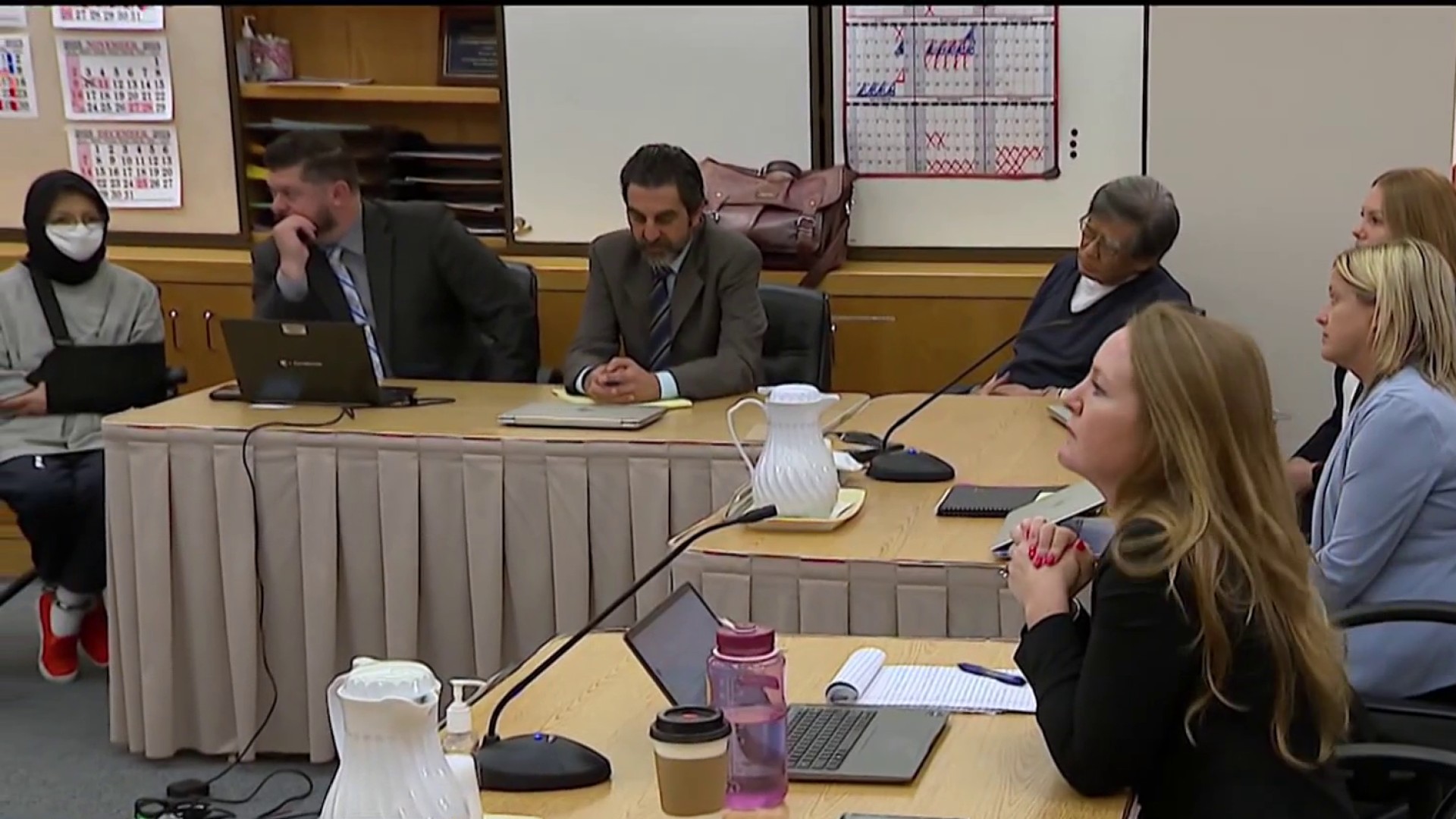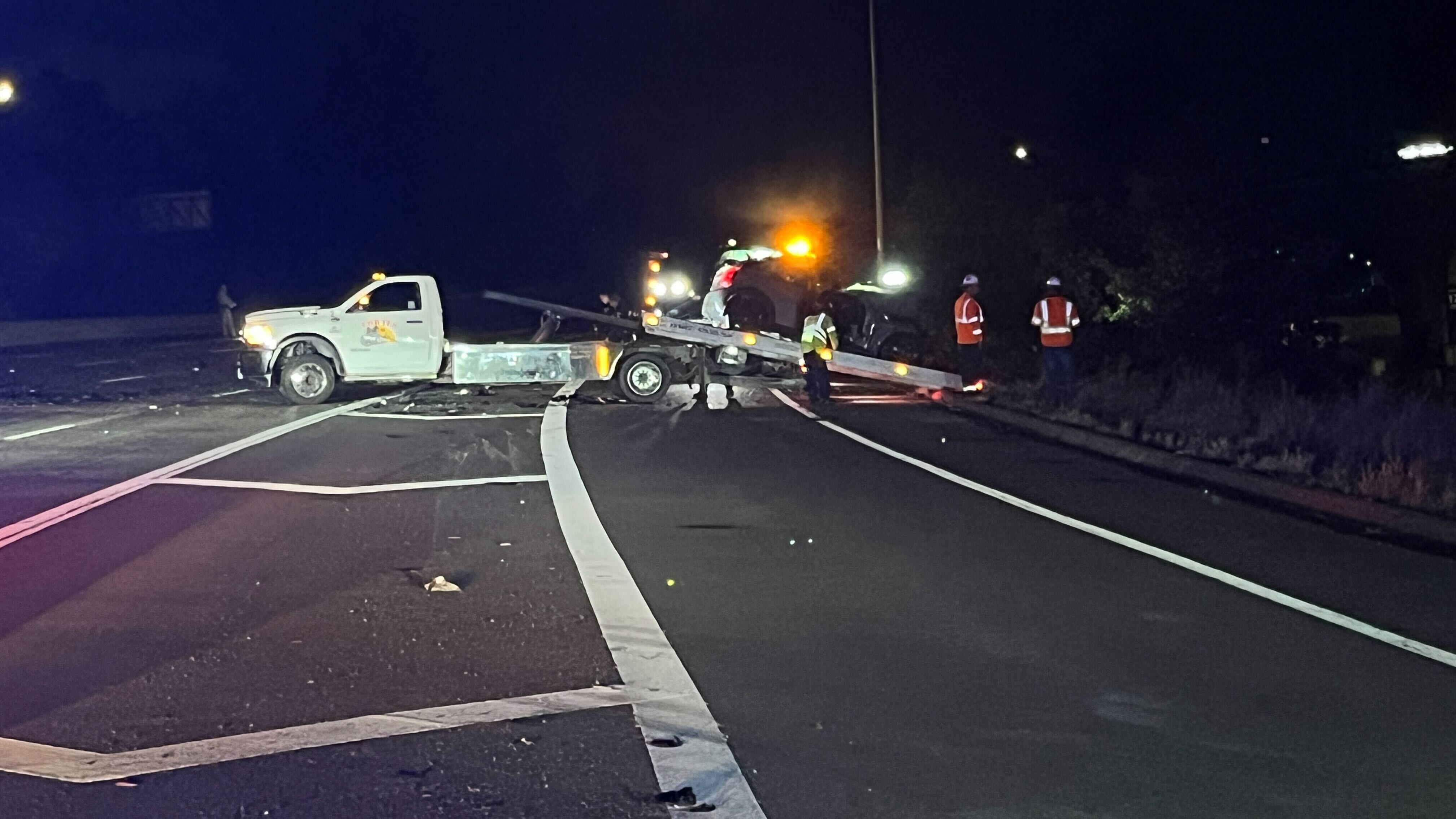After more than seven years in federal custody, the disgraced former San Diego Congressman Randy "Duke" Cunningham is now a free man.
The Vietnam War fighter ace – a Republican who represented California’s 50th Congressional District at the time -- was released from a halfway house in New Orleans Tuesday morning.
As his bribery scandal was metastasizing, prosecutors confided that even they were astonished at the level of Cunningham's corruption.
In November 2005, he pleaded guilty to tax evasion and conspiracy in a connection with a bribery scheme said to have netted him $2.4 million worth of mansions, cars, boats and travel and other gratuities from defense contractors to whom he helped steer $240 million in government work.
His resignation from Congress came a week later.
“The truth is, I broke the law, concealed my conduct and disgraced my office,” Cunningham told reporters in a tearful, downtown news conference on the day his pleas were entered. "I know that I will forfeit my freedom, my reputation, my worldly possessions and most importantly, the trust of my friends and family … in my life I have had great joy and great sorrow. And now I know great shame."
For all the remorse Cunningham expressed in that news conference and in federal court on his day of sentencing in March, 2006, from behind bars he recanted his confessions and claimed he was railroaded.
Prosecutors just shook their heads, saying such denials after the fact aren't uncommon.
"His fall from grace was so dramatic and precipitous,” recalls Asst. U.S. Atty. Phillip Halpern, a member of the prosecution team. “He was one of the most powerful congressmen at the time. And I think that's what really shocked people -- that somebody in that position would demonstrate the avarice that he did."
What was behind the pathological behavior?
Local
"He absolutely had a sense of entitlement, and I think that goes back to his fighter pilot days,” says Dean Calbreath, who shared the 2006 Pulitzer Prize for national reporting as part of a Copley News Service and San Diego Union-Tribune team that broke the Cunningham scandal and drove the coverage that followed.
"We had anecdotes,” Calbreath related in an interview Tuesday, “that we didn't even put into our reporting, regarding people who came to him with projects that maybe could've helped the military. And he would ask them 'Well, what could I get out of this'?"
Ultimately, a poisoned legacy -- fair warning to Cunningham’s former colleagues, successors and the lobbyists who seek to influence them.
Says Halpern: "He will always serve as an object lesson for those who are thinking about transgressing and violating the law from positions of power."
Calbreath’s cautionary note: "Periodically you get these major crimes that come out of government and then suddenly everybody pulls back and says 'Hey, we've got to change things.' You know, eventually that pendulum's going to swing back."
Cunningham’s former defense attorney could not be reached Tuesday for comment.
According to published reports, Cunningham has – in letters from prison, most of that time spent in Tucson -- mentioned settling in Arkansas with his mother and brother or in Florida with former service buddies.
Cunningham, now 71, is in line for government pensions stemming from 21 years of service in the Navy and 15 years in Congress.
They supposedly can't be denied except for conviction on charges of perjury, treason or passing secrets to the enemy. But legal experts concede it's possible that prosecutors could challenge them or seek back taxes and penalties.



